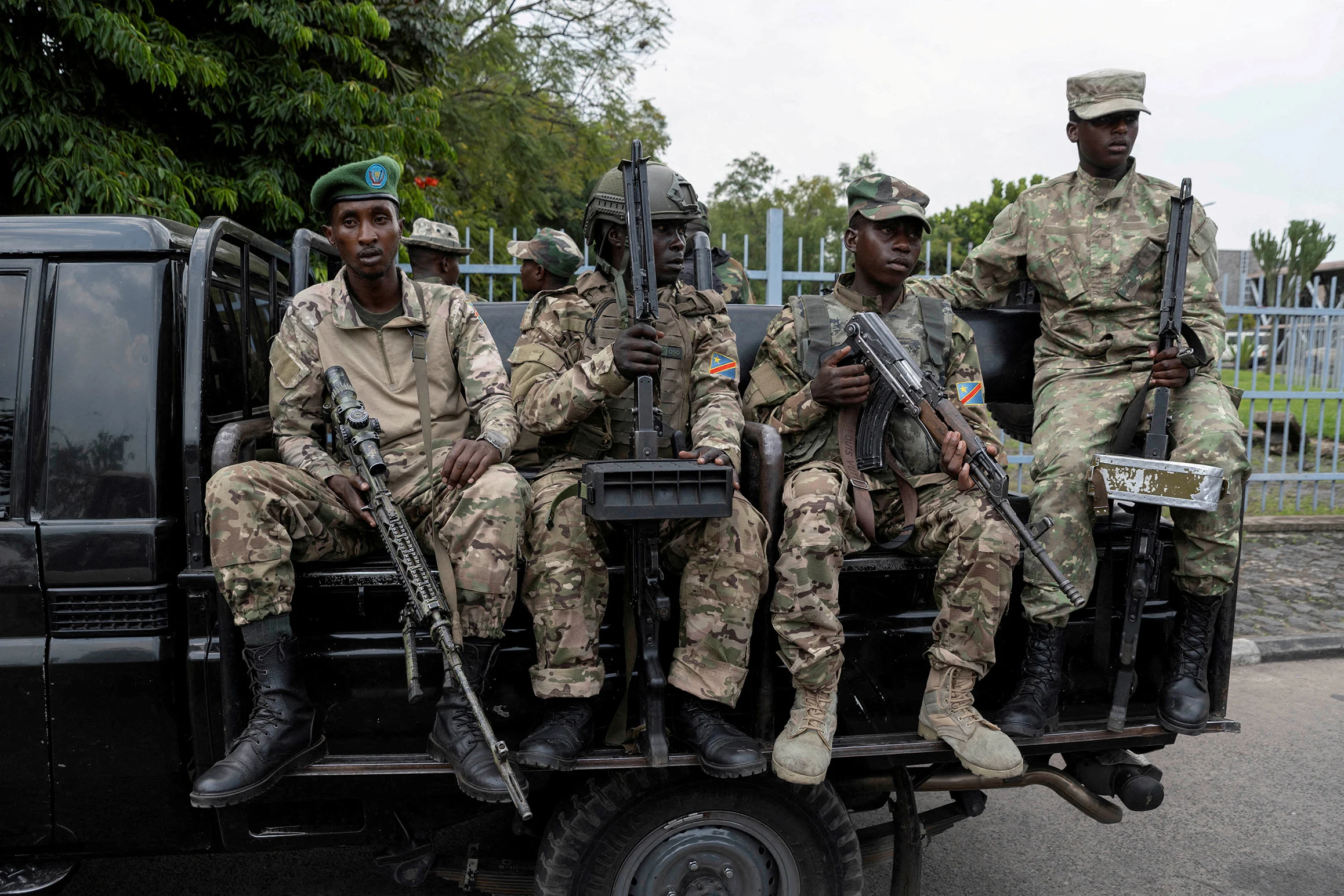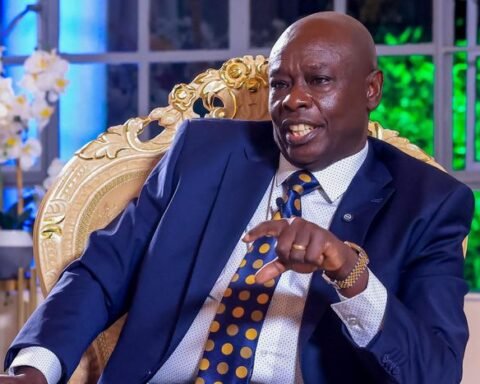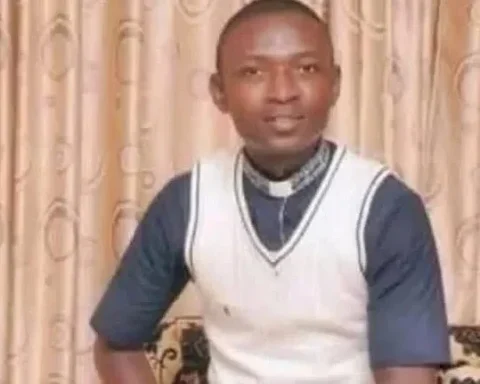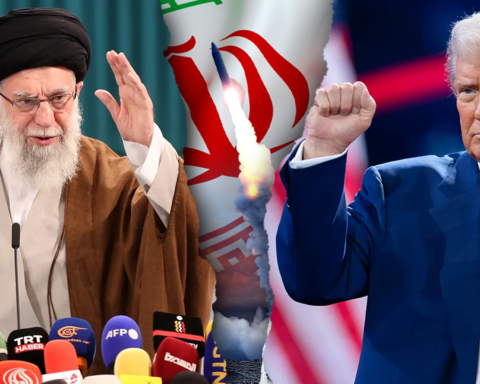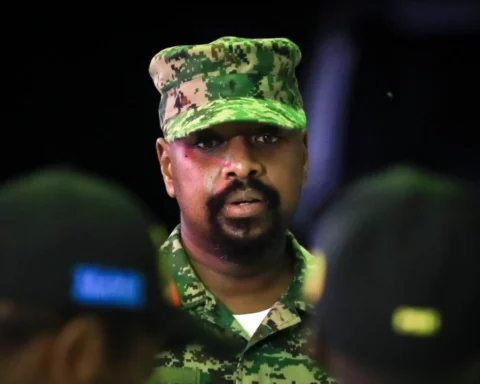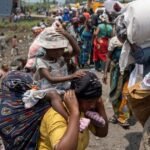In a renewed push to bring peace to one of Africa’s most unstable regions, Qatari mediators have submitted a draft peace proposal to both the Democratic Republic of the Congo (DRC) and the M23 rebel group, following a fresh round of talks held in Doha.
This diplomatic effort comes amid heightened tensions in eastern Congo, where M23 fighters have launched aggressive offensives since early 2024. The group has made rapid territorial gains in North Kivu province, forcing tens of thousands of civilians to flee. The United Nations has accused Rwanda of providing support to the rebel group — a claim Kigali, Rwanda’s capital, has consistently denied.
The draft document handed over by Qatari officials reportedly addresses long-standing grievances, including political representation, demobilization of rebel fighters, and the reintegration of displaced communities. It also emphasizes restoring humanitarian access in areas controlled by the M23, especially near Goma, a vital city and humanitarian hub.
Sources familiar with the negotiations said both parties have taken the draft for internal consultation, with further discussions expected in the coming weeks. While details remain confidential, the talks in Doha mark the first substantive engagement between the warring sides since early 2023.
The M23 movement — named after a failed March 23, 2009 peace deal — has a long and complex history in the region. Its resurgence has added to the chaos in eastern Congo, where over 100 armed groups operate, many of them competing for control of valuable minerals such as coltan, gold, and cobalt.
Also Read; Billion-Dollar Feud Between Musk, Trump Escalates
This conflict has drawn regional and international attention. In March 2025, DRC President Félix Tshisekedi and Rwandan President Paul Kagame reportedly agreed to a ceasefire, facilitated in part by regional leaders and Qatar’s diplomatic outreach. However, clashes have continued in violation of that agreement.
The international community, including the United Nations and the African Union, has welcomed Qatar’s involvement and expressed hope that the new initiative could serve as a foundation for sustainable peace. Analysts have noted Qatar’s growing influence in global conflict mediation, citing its roles in Afghanistan, Sudan, and Lebanon.
Eastern Congo has been plagued by instability for decades, exacerbated by porous borders, ethnic tensions, and the aftermath of the 1994 Rwandan genocide, which sent waves of refugees and fighters into Congolese territory. Despite several peace accords, violence has repeatedly flared up, often with devastating humanitarian consequences.
As the peace talks continue, aid organizations like Médecins Sans Frontières and the International Rescue Committee are calling for an immediate humanitarian corridor to assist displaced populations. The United Nations estimates that over 6.9 million people are currently displaced within DRC — one of the world’s largest internal displacement crises.
The outcome of the Doha negotiations remains uncertain, but stakeholders say the mere fact that both sides have engaged is a step forward

